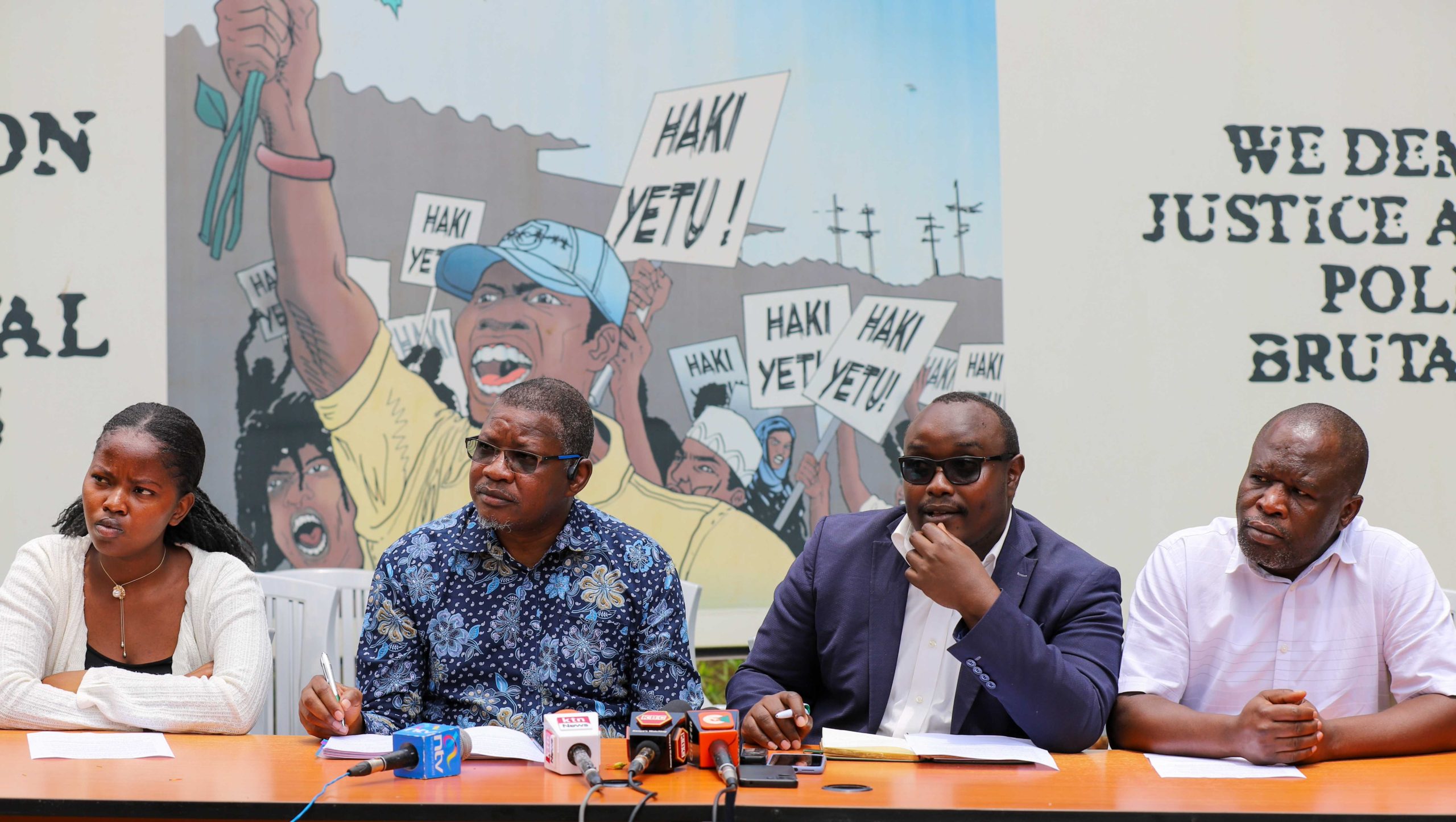On September 16, President William Ruto appointed a 129-member national committee to review the new university funding model, which has sparked outrage and prevented hundreds of thousands from accessing education.
The Elimu Bora Working Group opposes this appointment, arguing that the current regime is attempting to buy time, weaken the opposition, and avoid delivering meaningful education reforms.
Previous regimes have employed similar tactics by forming commissions of inquiry to calm public dissent. However, despite the solid recommendations from some of these commissions, no significant outcomes were realized, as the regimes failed to implement them.
We don't need a committee to confirm that the new university funding model is terrible and hurts our children. We have seen its devastating effects right before our eyes.
In 2023, nearly 600,000 eligible students skipped university placement, with over 23,000 meeting university entry requirements but choosing not to apply because the model made education unaffordable.
Additionally, 136,592 students were eligible for diploma courses, and 249,149 qualified for certificate programs but could not pursue their education due to the unaffordable funding bands in which they were placed.
These figures evidence the widespread uncertainty and doubt caused by the new funding system. We don't need a committee to halt this model—the Ministry of Education can end this crisis with a simple stroke of the pen.
The Elimu Bora Working Groups demands that:
- The Ministry of Education should revert to the old university funding model, allowing hundreds of thousands of students locked out of education to resume their studies. Our students should not be subjected to experimental policies that jeopardize their education.
- President Ruto should de-gazette the 129-member committee and allow the old university funding model to take effect.

